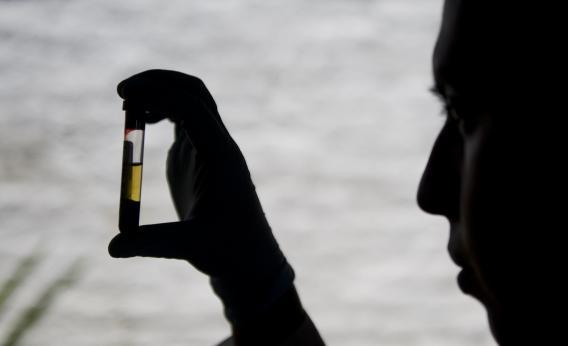For more than a half-century, science and technology in America have been guided by the same set of ideas. The conventional wisdom is that if we feed more money and more scientists into our existing “knowledge enterprise” complex, society will derive proportionately more benefits.
But today’s challenges demand new ways of thinking about science and technology—and the government’s role in promoting innovation. The problem, any honest inquiry will suggest, isn’t always money, or the number of scientists, but the very way we do science.
On Monday, May 21, Future Tense will host “How To Save America’s Knowledge Enterprise … From Tight Budgets, Primitive Myths, and the Shadow of Albert Einstein” in Washington, D.C. The event, which begins at noon, will feature discussions about how we fund science, what work we prioritize (and what work we should prioritize), the role innovation plays in job creation, and more.
Speakers include the New York Times Magazine’s Jon Gertner, author of The Idea Factory: Bell Labs and the Great Age of American Innovation; Stephen Trachtenberg, president emeritus of George Washington University; Michael Crow, president of Arizona State University; Eric Isaacs, director of Argonne National Laboratory; Deborah Blum, author of The Poisoner’s Handbook: Murder and the Birth of Forensic Medicine in Jazz Age New York; and many more.
For additional information and to RSVP, visit the New America Foundation’s website.
Future Tense—a collaboration between Slate, the New America Foundation, and Arizona State University—explores emerging technologies and their implications for policy and society. Learn more about Future Tense.
